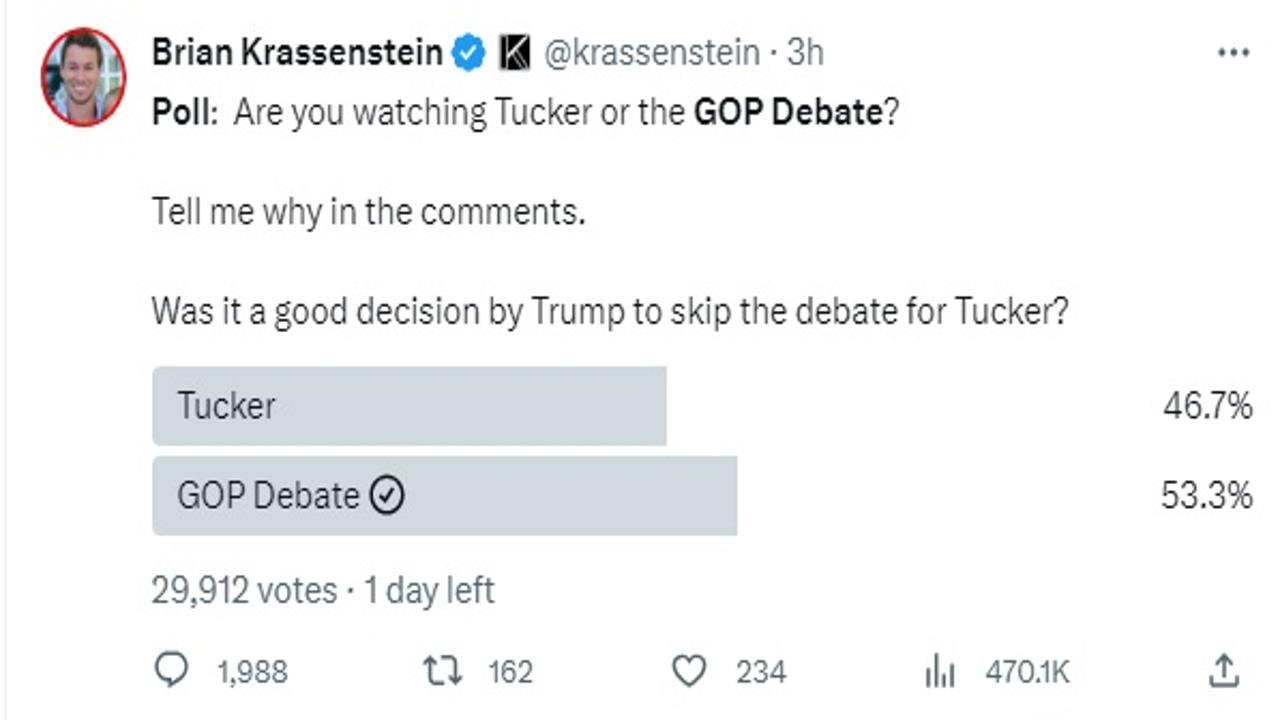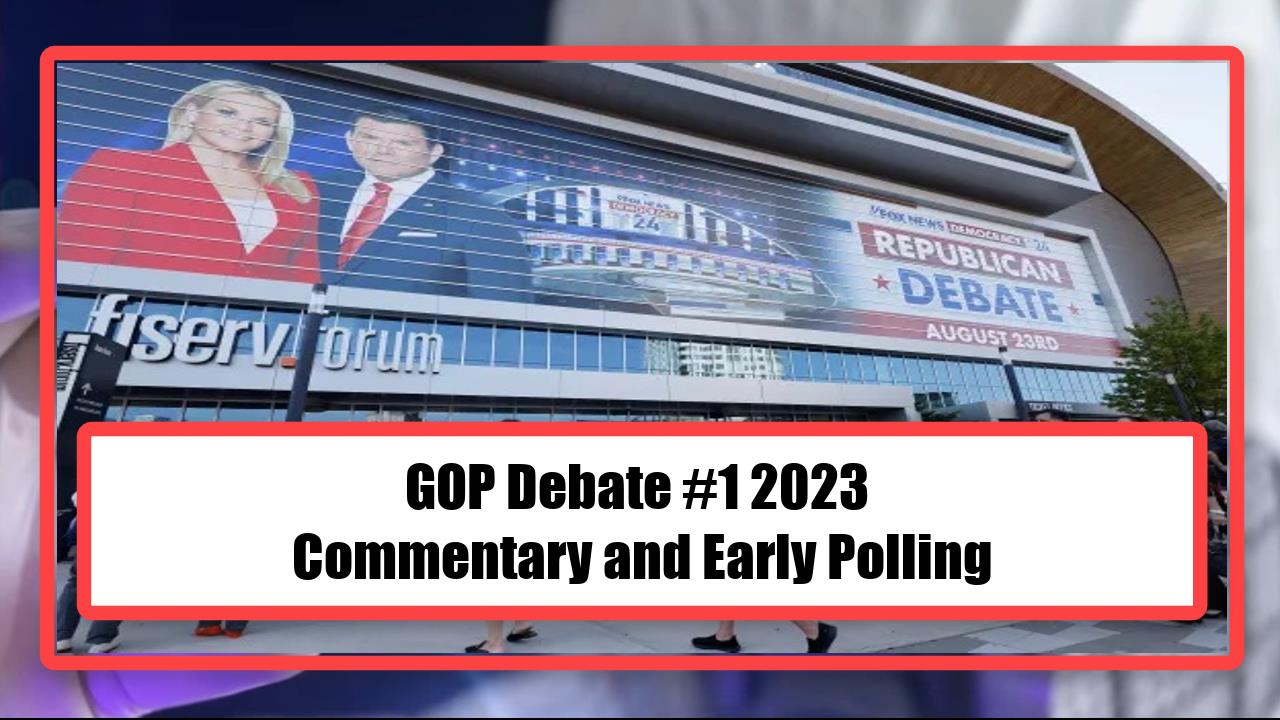Video:
Take our online poll:
AI Analysis:
When an election is centered around the idea of change rather than maintaining the status quo, there are several campaign characteristics that tend to emerge. These characteristics often revolve around advocating for new policies, leadership, or a shift in the direction of the government. Here are some campaign characteristics that commonly arise in such situations:
1) Emphasis on New Leadership: Campaigns focused on change often highlight the need for new leaders who can bring fresh perspectives, innovative ideas, and a departure from the established political order.
2) Calls for Reform: Candidates and campaigns advocating for change typically emphasize the need to reform existing systems, institutions, and policies. They may critique current approaches as outdated, ineffective, or in need of improvement.
3) Promise of New Policies: Change-oriented campaigns frequently promote specific policy proposals that depart from the current regime's practices. These policies are designed to address perceived shortcomings and bring about positive transformations.
4) Appeal to Dissatisfaction: Campaigns for change often capitalize on public dissatisfaction with the current state of affairs. They highlight problems and shortcomings under the current leadership to make a case for why change is necessary.
5) Focus on Future Vision: Instead of maintaining the status quo, these campaigns present a vision of the future that is different from the present. They outline what could be achieved through change and paint an inspiring picture of the potential benefits.
6) Mobilization of Grassroots Movements: Change-oriented campaigns often tap into grassroots movements and communities that are passionate about specific issues. These movements can provide energy, volunteers, and resources to drive the campaign's message.
7) Rhetoric of Hope and Transformation: Campaigns focused on change frequently use rhetoric that emphasizes hope, transformation, and the potential for positive outcomes. They often promise to bring about a better future through their proposed changes.
8) Highlighting Ineffectiveness of Incumbents: If the current leaders are seen as responsible for the perceived problems, campaigns for change will emphasize their failures and argue that new leadership is needed to address these issues effectively.
9) Appealing to Younger Voters: Change-oriented campaigns often resonate with younger voters who may be more open to new ideas and less tied to the existing political establishment.
10) Messaging of Disruption: Change campaigns may position themselves as disruptors of the existing order, challenging the status quo and offering a departure from the norms and practices of the past.
11) Use of Symbols and Slogans: Memorable symbols and slogans that encapsulate the message of change are commonly employed to rally supporters and communicate the campaign's core ideas.
12) Promise of Accountability and Transparency: Campaigns for change often pledge to bring greater accountability and transparency to government operations, addressing concerns about corruption or lack of responsiveness.
13) Appeal to Unity: Some change-oriented campaigns stress the need to unite people around a common goal, framing the change as an opportunity to overcome divisions and work together for a better future.
14) Engagement with New Media: These campaigns tend to leverage digital and social media platforms to reach a wider audience and mobilize supporters who are looking for a new direction.
Ultimately, campaigns focused on change aim to capture the electorate's desire for something different and better than what the status quo offers. The success of such campaigns depends on effectively communicating their vision for change, building a coalition of supporters, and convincing voters that the proposed changes are both desirable and attainable.
Chart:

References:


Comments